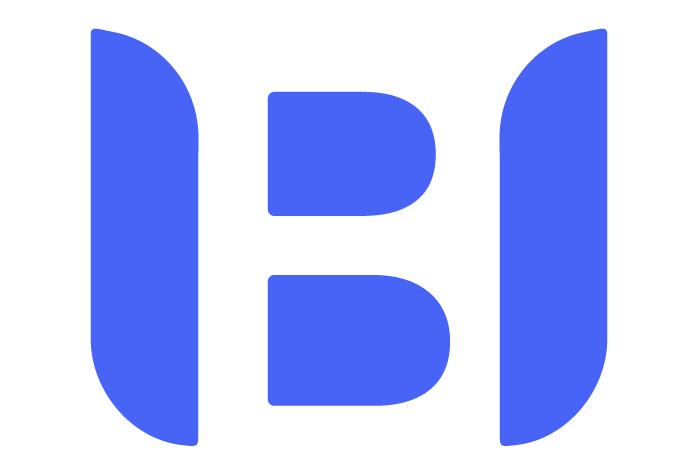Your trusted partner in agile project management and risk management.


BH Consulting is a consulting firm based in Le Havre, offering services in project management, risk management, evaluation and coaching in France and Africa.
When working with us, you can expect to collaborate with a team of experienced consultants who are passionate about their work and dedicated to your success.
We implement pragmatic, results-oriented approaches and are committed to providing

high-quality advice to help you make informed decisions and move towards operational excellence.
We understand that the success of a project depends on a structured and flexible approach, as well as effective risk management.
Turn stress into opportunity with our innovative approach to project and management management. Our experienced team works with you to develop a strategic action plan, prioritize key initiatives and optimize resource allocation, enabling you to bounce back to success with confidence.
Ida Boulanger
Under the guidance of Ida Boulanger, a certified expert in the field with 20 years' experience in the bancassurance sector and a pioneer in the field of risk management, I draw on the fundamentals of my engineering training: adaptability, method and creativity.
BH Consulting puts a team of seasoned experts at your disposal. We have solid experience in implementing agile methodologies such as Scrum, Kanban and Lean.


Agility is an approach to project management that emphasizes flexibility, collaboration and adaptability to change. Unlike traditional project management methods, agile projects are carried out in short, incremental iterations, called sprints, where teams work collaboratively and adapt their plans according to feedback.
Agile project management offers several advantages, such as :
We measure the success of the projects we work on using a number of key performance indicators (KPIs) and measures of value created (KVMs) that are aligned with the project's objectives and expectations.
We also assess whether identified risks (KRIs or key risk indicators) have been managed effectively, and whether preventive actions have been put in place to minimize the negative impact of risks. We measure performance in terms of risk reduction.
Finally, we assess whether the project has led to significant improvements, whether in terms of process, results or user experience.
We attach great importance to communication management and transparency throughout the project. Here are some of the practices we put in place to ensure effective communication and transparency:
By implementing these practices, we aim to foster open, transparent and effective communication throughout the project, helping to establish a relationship of trust with stakeholders and maximize the project's chances of success.
Risk management is a discipline that aims to identify, assess and manage the risks that may affect the achievement of a project's or organization's objectives. It involves implementing strategies and preventive actions to minimize the negative impact of identified risks, while exploiting any opportunities that may arise.
Risk management offers several benefits for a company, such as :
For an agile project management and risk management consultant, key skills include:
